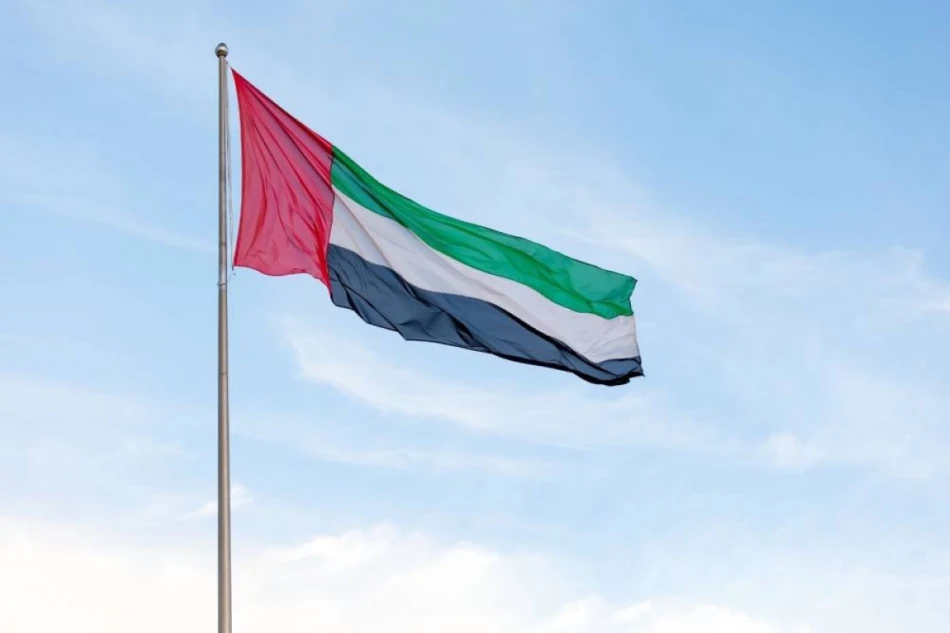
UAE Condemns Deadly Terrorist Attack on Nigerian Mosque
UAE Condemns Deadly Mosque Attack in Northern Nigeria as Regional Security Concerns Mount
The United Arab Emirates has issued a strong condemnation of a terrorist attack targeting a mosque in northern Nigeria that killed multiple innocent civilians, highlighting growing international concern over the deteriorating security situation across West Africa's Sahel region. The diplomatic response underscores the UAE's expanding engagement with African nations amid rising extremist violence that threatens regional stability and economic development.
Official Response Reflects Broader Security Concerns
The UAE Ministry of Foreign Affairs released a statement expressing the nation's categorical rejection of all forms of violence, extremism, and terrorism aimed at undermining security and stability. The ministry extended sincere condolences to the victims' families, the Federal Republic of Nigeria's government, and the Nigerian people following what it termed a "heinous attack."
This diplomatic response follows a pattern of UAE engagement with African nations facing security challenges, particularly as the Emirates seeks to expand its influence across the continent through economic partnerships and security cooperation agreements.
Nigeria's Escalating Security Crisis
Northern Nigeria Under Siege
The attack represents the latest in a series of violent incidents plaguing northern Nigeria, where multiple extremist groups including Boko Haram and Islamic State West Africa Province (ISWAP) continue to operate despite military efforts to contain them. Religious sites, particularly mosques and churches, have become frequent targets as these groups seek to inflame sectarian tensions in Africa's most populous nation.
Economic and Regional Implications
Nigeria's security challenges pose significant risks to West African stability and economic growth. As the continent's largest economy and most populous country with over 200 million people, Nigeria's internal conflicts have ripple effects across the region, affecting trade routes, migration patterns, and investor confidence.
The persistent violence has already displaced millions of people and disrupted agricultural production in Nigeria's northern states, contributing to food insecurity across the Sahel region.
UAE's Strategic African Engagement
The Emirates' quick diplomatic response reflects its growing strategic interests in Africa, where it has invested billions of dollars in infrastructure, ports, and energy projects over the past decade. The UAE operates major port facilities in countries like Somalia and has established military bases in Eritrea, positioning itself as a key Middle Eastern player in African affairs.
This engagement strategy contrasts sharply with traditional Western approaches, as the UAE focuses on economic partnerships and infrastructure development rather than conditional aid tied to governance reforms. The approach has proven attractive to many African governments seeking investment without political strings attached.
International Response and Future Outlook
The UAE's condemnation joins similar statements from other international partners, but the challenge remains translating diplomatic support into effective action against extremist groups. Previous international interventions in the region, including French operations in Mali and multinational forces in the Lake Chad Basin, have achieved limited success in containing the spread of extremist violence.
For Nigeria specifically, the path forward requires not just military solutions but comprehensive approaches addressing poverty, governance, and social grievances that extremist groups exploit for recruitment and support. The country's upcoming elections and economic challenges will likely determine whether security conditions improve or continue deteriorating, with significant implications for regional stability and international partnerships.
Most Viewed News

 Sara Khaled
Sara Khaled






